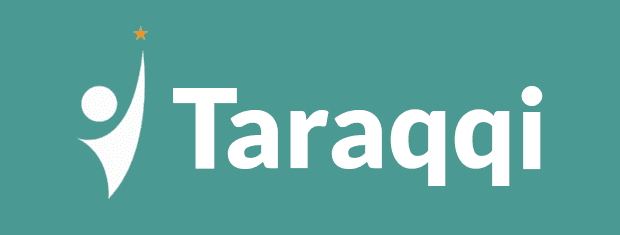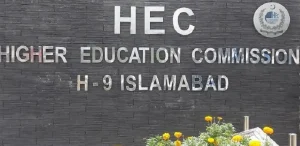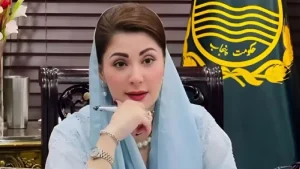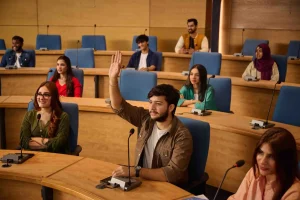Lahore – July 21, 2025: In a landmark step toward bridging the educational divide, Punjab Chief Minister Maryam Nawaz has launched two forward-thinking mobile education programs—“School on Wheels” and “Library on Wheels”—aimed at delivering quality learning resources directly to the doorsteps of underserved communities.
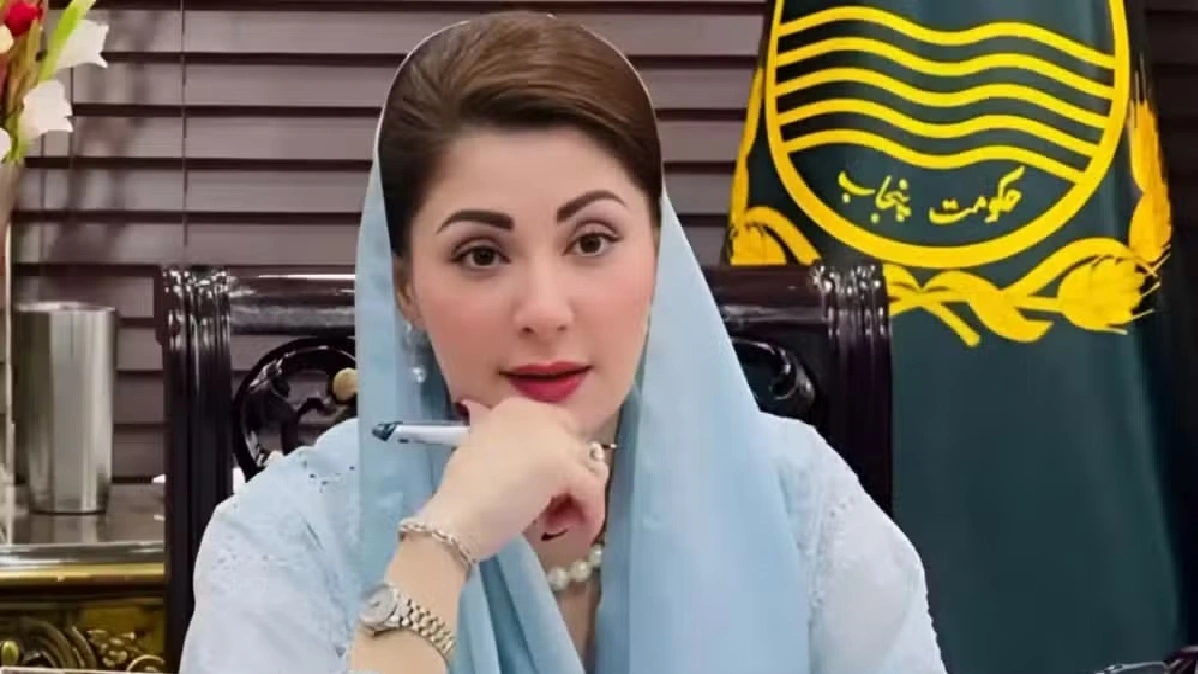
These mobile units, powered by eco-friendly solar technology, are specially designed e-rickshaws equipped with foldable classroom furniture, rooftop solar panels, and learning tools to support young learners in rural and peri-urban areas of the province.
Bringing Classrooms to Communities
The “School on Wheels” initiative is tailored for primary-level students who lack access to traditional schools. Each mobile school includes collapsible chairs, whiteboards, and a trained educator to conduct interactive lessons and hands-on creative activities for children who would otherwise remain out of the education system.
“These mobile classrooms are more than just vehicles—they are vehicles of change,” said Chief Minister Maryam Nawaz during the inauguration ceremony. “Our mission is to ensure that no child is left behind, regardless of where they live.”
Reviving Reading Culture with Library on Wheels
Complementing the mobile schools, the “Library on Wheels” program introduces young minds to a world of imagination and discovery. Each unit is stocked with age-appropriate storybooks, educational toys, drawing materials, and art kits, encouraging early literacy and creativity among children.
The mobile libraries are expected to particularly benefit areas with no public libraries, making learning fun, accessible, and community-driven.
A Vision for Inclusive Education
The two programs reflect the Punjab government’s broader commitment to expanding access to education and promoting literacy across the province. According to officials, these mobile units will rotate through selected villages and settlements, offering scheduled stops where children can engage in reading sessions or classroom lessons.
“This is about equity in education,” Maryam Nawaz emphasized. “Every child deserves the right to learn, dream, and grow—regardless of geography or economic background.”
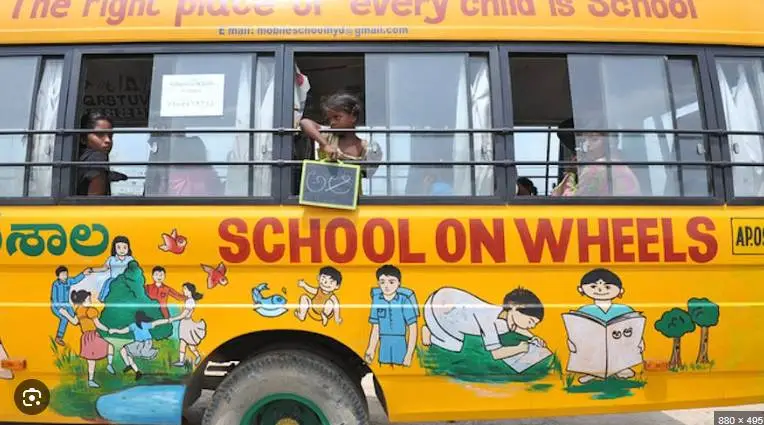
A Green and Scalable Model
Both projects have been designed with sustainability in mind. By using solar-powered rickshaws, the government ensures that these services are not only cost-effective but also environmentally responsible. Education experts and civil society organizations have lauded the model as a scalable solution to Pakistan’s ongoing struggle with out-of-school children, especially in hard-to-reach areas.
Public Response and Future Plans
Initial community feedback has been overwhelmingly positive, with parents expressing hope that these programs will ignite a love for learning among their children. The government has hinted at plans to expand the fleet of mobile schools and libraries across all districts of Punjab in the coming months.
This dual-initiative marks another milestone in Maryam Nawaz’s efforts to redefine education delivery models and uplift marginalized communities through technology, innovation, and empathy.
